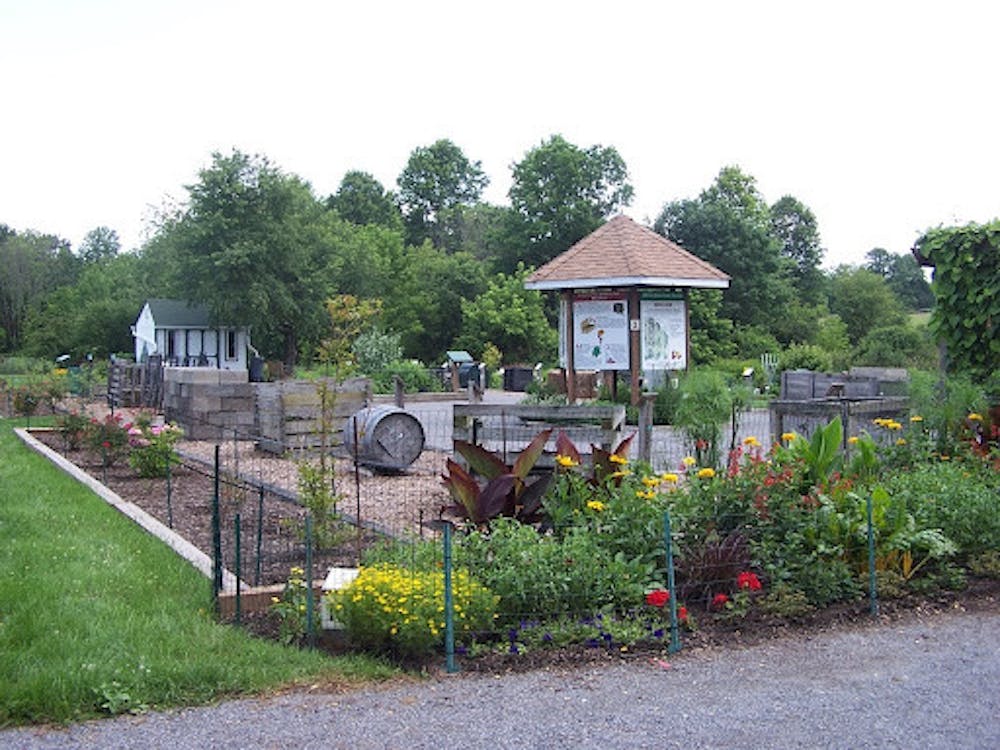By Myara Gomez
Staff Writer
Nobody wants to be wasteful, but not everyone knows how to reuse their leftovers. Luckily, starting a compost bin is an easy practice that can be done at home.
Composting is the process of recycling organic matter into a homemade fertilizer. Bacteria, fungi
and protozoa convert decomposing food and plant waste into a mixture that is rich in organisms. These organisms reduce one’s need for pesticides, combats soil erosion and helps soil retain nutrients, according to the Environmental Protection Agency.
The result is more than free fertilizer; healthy soil is an essential climate solution, lowering greenhouse gas emissions and supporting robust biodiversity.
Though the process is simple, there are some rules to composting. Items like meat products, bones, animal feces and dairy products can’t be composted because they risk developing harmful bacteria while attracting pests. Diseased plant material must also be removed to avoid contaminating the entire garden.
Compost bins need oxygen, water, food and shelter to thrive, which is why leftovers, leaves and lawn trimmings are great items to start with. Temperature is also an important factor, as compost decomposes much faster in the heat.
The Mercer Educational Gardens in Pennington, New Jersey, has set out to teach people about at-home composting methods. The gardens have 22 compost areas, many of them quite different.
“You can do it with as little resources as you want,” said Mercer County’s Horticulturist, Justine Gray. “It can be done just about anywhere and with just about anything.”
To that end, the gardens provide a number of useful templates. One composting area consists of cinder blocks stacked into a bin shape, while another uses tightly wrapped chicken wire. Both setups hold compost just fine, demonstrating how most folks can use what they have in setting up an at-home composting system.
Once the compost is placed in a bin, preferably outside the house, it becomes a matter of patience. Items need to be left in the bin to decompose. Once per week, the contents of the compost bin should be turned or stirred to balance out the decomposition process.
Eventually, the contents of the bin stop giving off heat and begin to look like soil. Just add between four to six inches of the compost into your garden or flower bed, and you are now free to start planting.
Gray urged at-home composters to watch out for insects, because some may be decomposers. These are life forms that break down organic material, for example, dead organisms or life forms. When something decomposes, these organisms are being put back into the ecosystem and recycled. She identified worms and various ant and beetle species as the most desirable inhabitants of a compost bin, stressing that non-native insects can completely ruin the ecosystem.
The Mercer Gardens offer another essential roadmap: group composting. While the gardens are only accessible to volunteer staff and master gardener interns, they have been successful in creating a controlled composting environment that harnesses the efforts and waste of many.
Their interns, all Rutgers University students, are tasked with maintaining their compost bins all year long. “It’s better as a group effort than just one person’s banana peels,” said Gray. Though many local governments have implemented composting programs, the Mercer Gardens show that steps can be taken just as easily by community members who are tired of waiting.
While it seems basic, composting is an essential way of reducing waste, improving our soil’s health and supporting a healthier ecosystem.
And Gray added, “It also improves your home gardening, which is always fun.”







